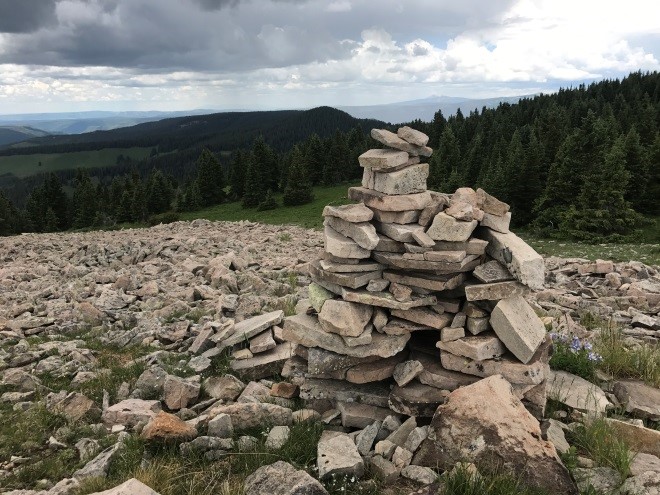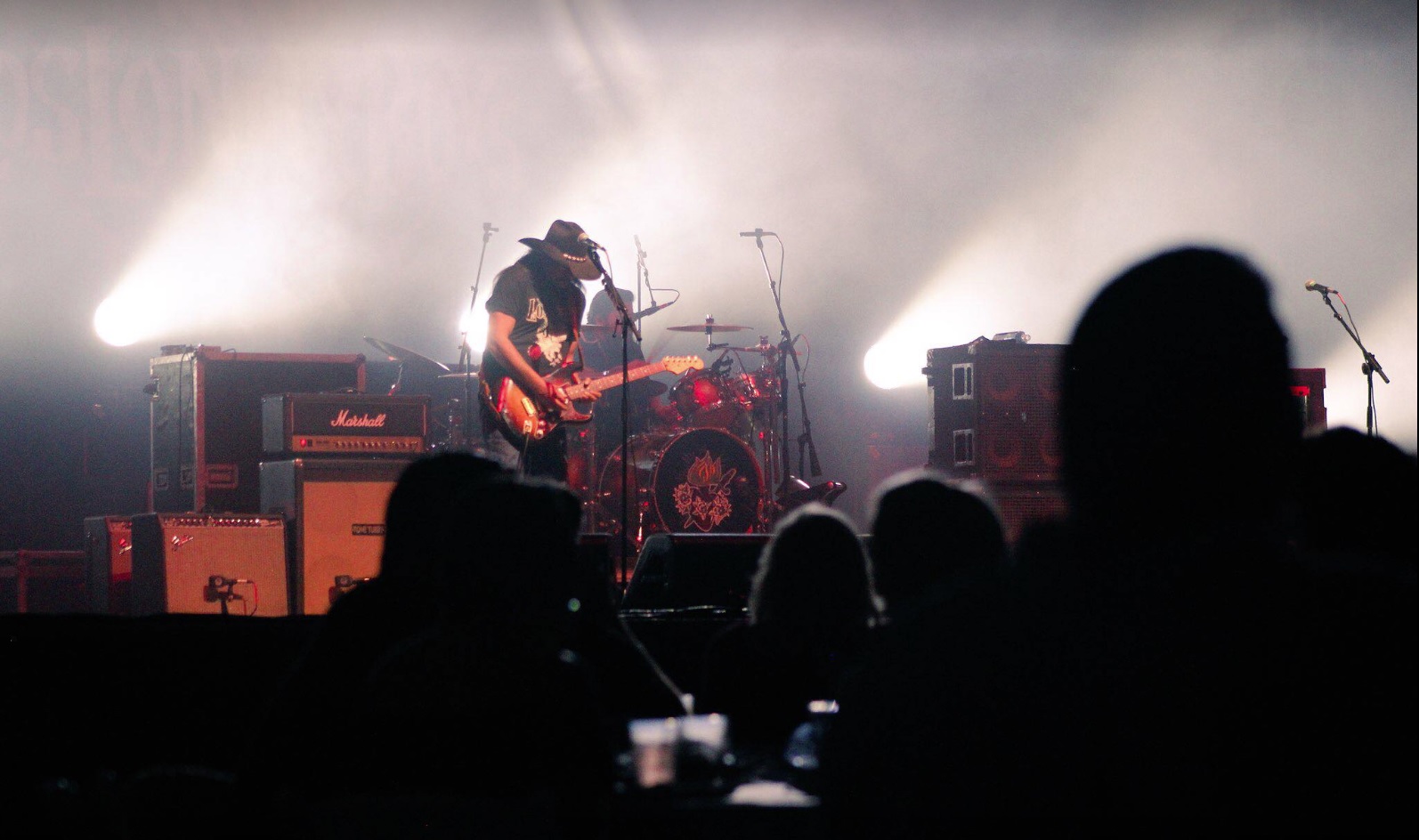Twenty Good Books 2017
/Here are 20 good books I read in 2017 (sorted in the order I read them):
The Innovators, Isaacson, Walter . . . A compelling story of the people who created the computer and the Internet.
The Creative Habit, Tharp, Twila . . . I re-read this book after hearing Ms. Tharp speak in Midland. In this book she shares her secrets for developing and honing your creative talents
The Chronicles of Narnia, Lewis, C. S. . . . I read these books again about every three or four years. If you haven’t read them, I insist you read them in the order they were published and not in the order the box set thinks they should be. If that is confusing, write to me and I’ll send you the best order for reading.
The Jesuit Guide to (Almost) Everything, Martin, James . . . A practical spiritual guidebook based on the life and teachings of St. Ignatius of Loyola, the founder of the Society of Jesus.
The Tummy Trilogy, Calvin, Trillin . . . Calvin Trillin was my first biggest influence as a writer. Especially these books. I realized if someone could write funny, clever, and entertaining pieces about food, I should be able to do the same with running or cycling or whatever.
Boys in the Boat, Brown, Daniel James . . . A book recommended to me by my Santa Fe friend Linda Spackman, who’s daughter was a college crew member. This book is about the University of Washington’s eight-oar crew team who won the gold medal in the 1936 Berlin Olympics.
Simplify, Hybells, Bill . . . Hybels identifies the core issues that lure us into frenetic living―and offers practical steps for sweeping the clutter from our souls.
The Holy Wild, Buchanan, Mark . . . speaks to one of the biggest questions of human existence: Can God be trusted?
Isaac's Storm, Larson, Erik . . . I got this through a Facebook book exchange, and thoroughly enjoyed it, and the history-changing hurricane that destroyed most of Galveston, Texas, in 1900.
Finishing Well, Buford, Bob . . . Stories of people age 40 and older who have pioneered the art of finishing well in these modern times, and who can teach us to do the same, starting today.
Finding God in the Waves, McHargue, Mike . . . A story of having faith, losing it, and finding it again through science—revealing how the latest in neuroscience, physics, and biology help us understand God, faith, and ourselves.
Racing the Rain, Parker, John L . . . A prequel to the New York Times bestselling Once a Runner—acclaimed by Runner’s World as “the best novel ever written about running”, the story of a world-class athlete coming of age in the 1950s and ’60s on Florida’s Gold Coast.
Falling Upward, Rohr, Richard . . . Seeks to help readers understand the tasks of the two halves of life
Wild Mind, Goldberg, Natalie . . . I first read this book in 1993 as part of my commitment to becoming a writer. I’ve pulled it off the shelf and re-read it twice since then.
Option B, Sandberg, Sheryl . . . After the sudden death of her husband, Sheryl Sandberg felt certain that she and her children would never feel pure joy again. This book describes her journey to recovery, facing adversity, building resilience, and eventually, finding joy.
The Last Arrow, McManus, Erwin . . . McManus’ challenge to risk everything for a life you thought you could only imagine, and enter the life God has called you to.
Resilience, Greitens, Eric . . . A collection of letters written from one Navy SEAL to another SEAL who was struggling through PTSD.
One Friday in Jerusalem, Moubarek, Andre . . . A spiritual and historical journey down the Via Dolorosa with a Christian Arab who was born and lives in Old Town Jerusalem
We Stood Upon Stars, Thompson, Roger . . . “We search mountaintops and valleys, deserts and oceans, hoping sunrises and long views through the canyons will help us discover who we are, or who we still want to be. The language of our hearts reflects that of creation because in both are fingerprints of God.”
Daily Chronological Bible, God, and others . . . This is the Bible I read through every year, year after year; it has had a profound impact on my life and my deepening relationship with God
















